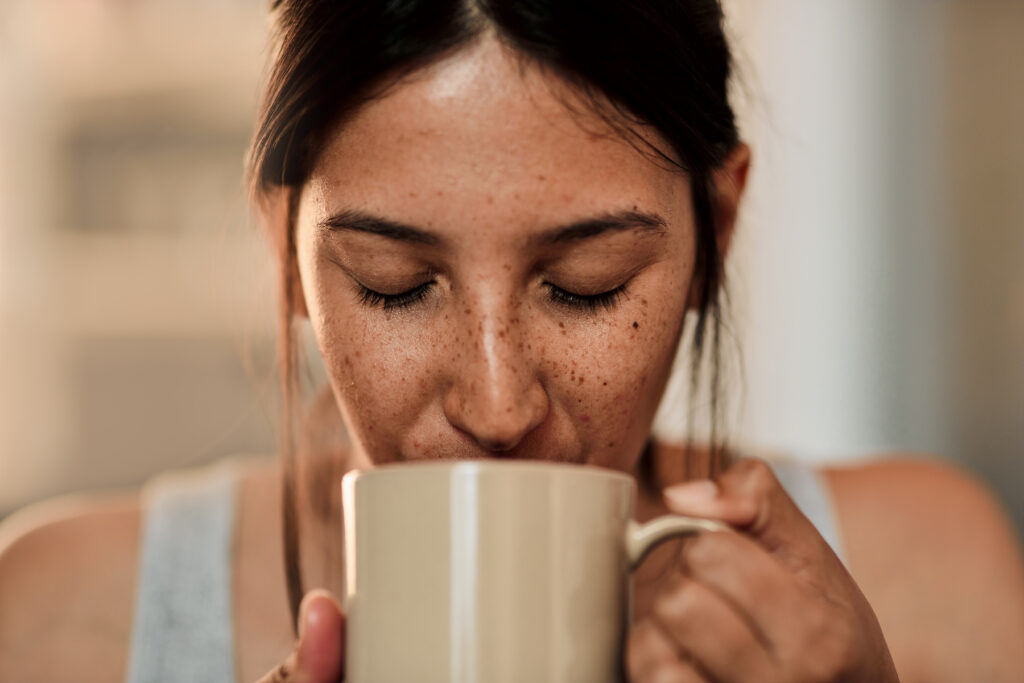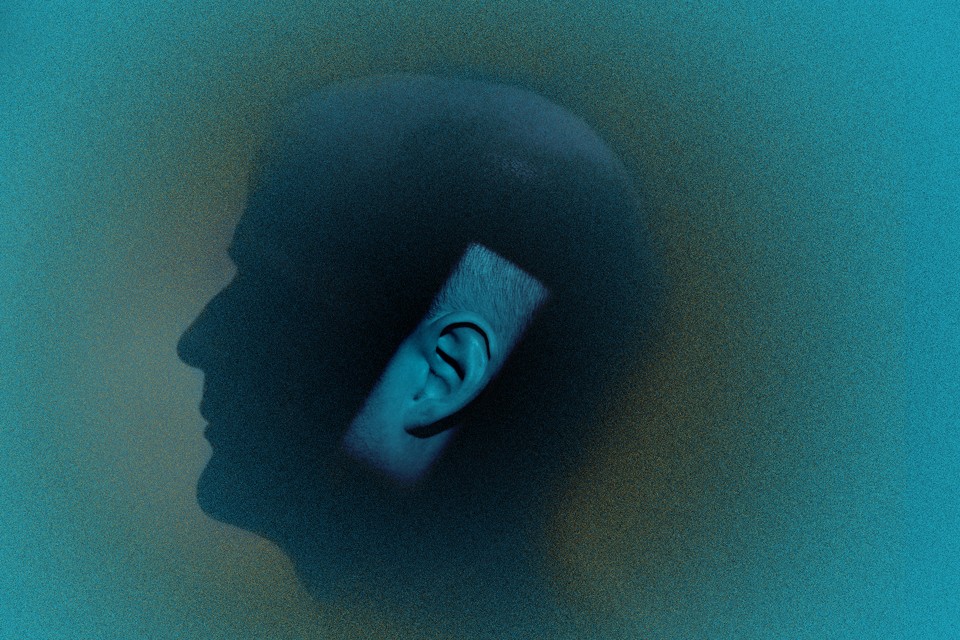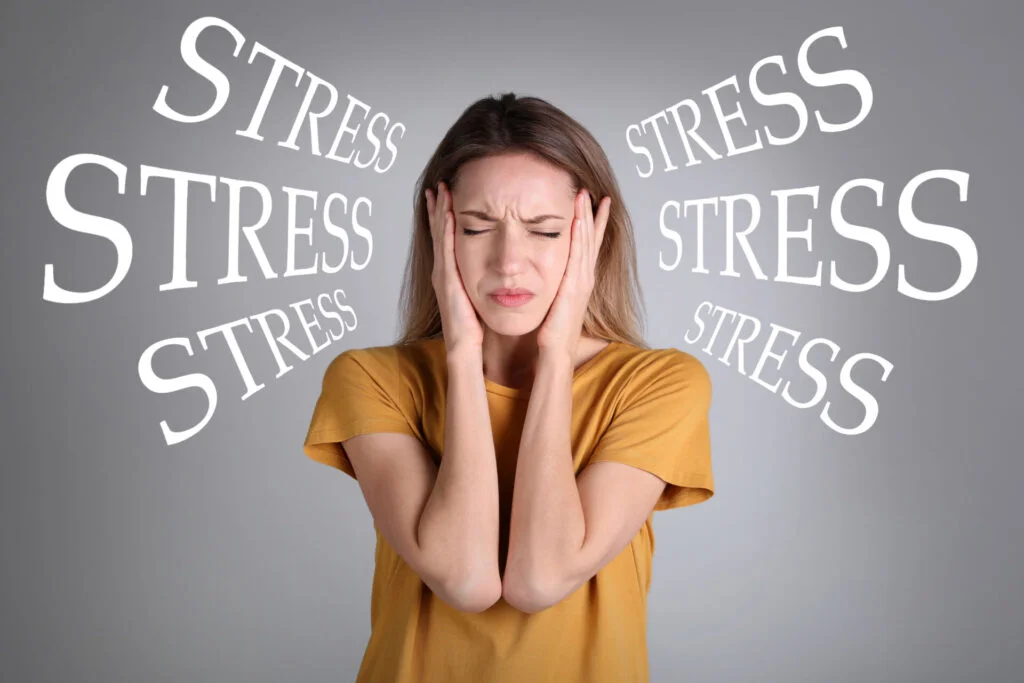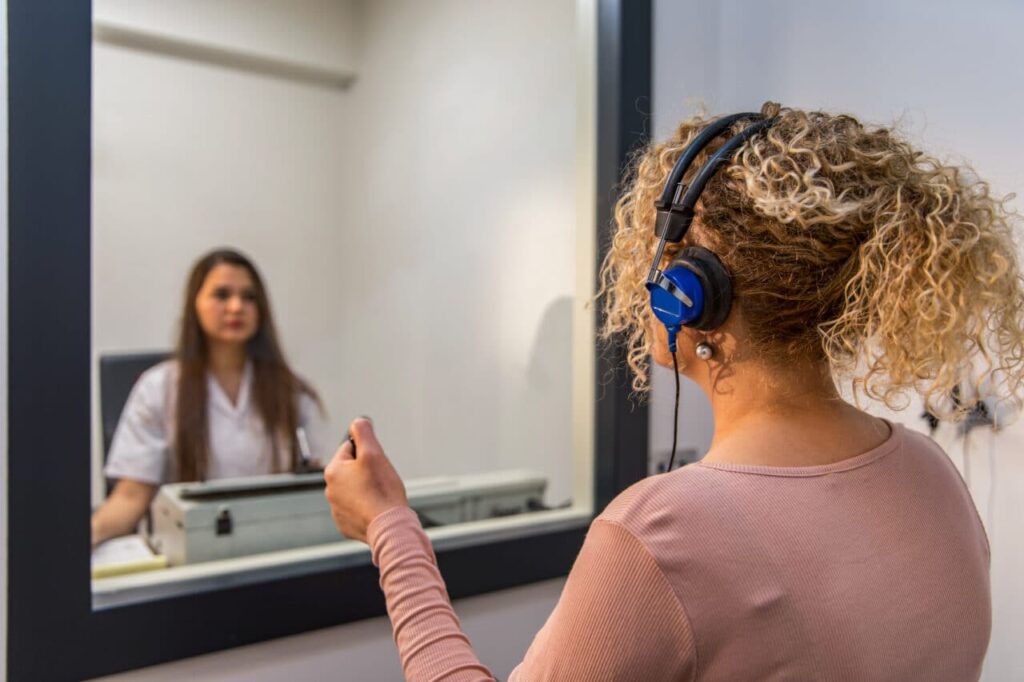Quick Summary: That persistent ringing, buzzing or whooshing in your ears known as tinnitus might be influenced by everyday choices you don’t even think about. From your morning brew to your bedtime routine, discover which common habits might be amplifying those annoying sounds – and what simple swaps could help quiet things down.

When Your Ears Won’t Quit
“I first noticed the tinnitus during a particularly stressful week at work,” shares Melissa, a 34-year-old graphic designer from Portland. “It started as a faint buzz, but soon it was the first thing I heard in the morning and the last thing I noticed at night. The worst part? I had no idea my daily habits were making it louder.”
Sound familiar? You’re not alone. Nearly 50 million Americans experience tinnitus – those persistent unwanted sounds in your ears, whether it’s ringing, buzzing, whooshing, or clicking. And while we can’t always pinpoint the exact cause, many people discover that certain everyday habits can crank up the volume without them realizing it.
The good news? Simple awareness and a few lifestyle tweaks might help turn down that internal noise machine. Let’s explore six common habits that could be affecting your tinnitus and what you can do instead.
1. Blasting Your Favorite Tunes
Picture this: You’re on your morning commute, favorite playlist pumping through your earbuds, volume cranked to drown out the subway noise. It might make your journey more enjoyable, but your ears could be paying a price.
Why it matters for your ears: Those tiny sensory cells in your inner ear don’t appreciate prolonged exposure to loud sounds – and they have a limited ability to recover once stressed. For many people, this stress can trigger or worsen tinnitus symptoms.
The reality check: “I never thought twice about listening to podcasts at full volume during my workouts,” admits James, a 29-year-old accountant who now experiences constant tinnitus. “It was only after talking with others with similar experiences that I made the connection.”
Many personal audio devices can reach impressive (and potentially problematic) volume levels – often without us realizing just how loud they truly are.
What This Means For You
Try these simple volume-friendly alternatives:
- The 60/60 approach: Keep volume under 60% maximum for no more than 60 minutes before taking a listening break
- Upgrade your gear: Quality noise-canceling headphones let you hear clearly at lower volumes
- Feel the vibration: Bone-conduction headphones bypass your ear canal entirely
- Schedule sound breaks: Your ears deserve regular rest periods throughout the day
Success story: “Switching to noise-canceling headphones at a lower volume helped me enjoy my music without aggravating my tinnitus,” shares Taylor, who noticed improvements within weeks of making the change.

2. Your Morning Cup(s) of Joe
That aromatic brew helping you power through your morning might be affecting more than just your energy levels.
Why it matters for your ears: Caffeine is essentially a stimulant that affects your entire system – including blood flow patterns and how your nervous system responds to sensory input. For some people with tinnitus, this can make those phantom sounds more noticeable.
The reality check: The relationship between caffeine and tinnitus varies dramatically from person to person. Some people notice immediate effects after their second cup, while others can drink coffee all day with no apparent impact.
“I tracked my tinnitus intensity for a month alongside my caffeine intake,” says Miguel, a 42-year-old teacher. “The pattern was clear – more coffee meant more noticeable ringing, especially in the afternoons.”
What This Means For You
Before eliminating your beloved brew:
- Become a detective: Keep a simple journal tracking your tinnitus intensity alongside caffeine consumption
- Try the step-down method: Gradually reducing intake often works better than going cold turkey
- Explore the alternatives: Half-caf blends, yerba mate, or caffeine-free herbal teas might satisfy without the side effects
- Timing matters: Some find that avoiding caffeine after noon makes a difference even if morning consumption continues
Friend’s experience: “I didn’t have to give up coffee completely – just cutting back to one morning cup instead of three all-day made my tinnitus significantly quieter,” reports Jamie, who’s been managing tinnitus for over five years.

3. Reaching for Pain Relievers Like Candy
When headache strikes, popping a pain reliever seems harmless enough. But if you’re doing it regularly, your tinnitus might be getting worse.
Why it matters for your ears: Certain common over-the-counter items have been associated with tinnitus in some people, especially when taken frequently or in higher amounts than recommended.
The reality check: “I never connected my weekend headache remedy with the increased ringing I’d notice by Sunday evening,” shares Priya, who now carefully monitors her use of pain relievers. “It was my friend who suggested there might be a connection.”
What This Means For You
Instead of automatically reaching for the medicine cabinet:
- Track the timing: Notice if your tinnitus changes after taking certain products
- Explore natural alternatives: Cold compresses, peppermint oil for tension headaches, or gentle neck stretches might help with minor discomfort
- Stay hydrated: Sometimes what feels like a headache is actually dehydration in disguise
- Consider the root cause: Addressing what’s causing your pain might be more effective than masking symptoms
Try this: Next time you have mild discomfort, experiment with non-medicinal approaches first and see if they provide relief without affecting your tinnitus.

4. Letting Stress Run Your Life
That deadline crunch, family drama, or endless to-do list isn’t just stressing you out – it might be amplifying your tinnitus too.
Why it matters for your ears: Stress triggers your body’s fight-or-flight response, including muscle tension (even in tiny muscles around your ears) and heightened sensory awareness – making you more likely to notice and be bothered by tinnitus sounds.
The reality check: “During my most stressful work periods, the tinnitus becomes almost unbearable,” says Alex, a 38-year-old project manager. “On vacation, I sometimes forget it’s even there.”
This creates a frustrating cycle – stress makes tinnitus more noticeable, which causes more stress, which makes the tinnitus seem louder, and on it goes.
What This Means For You
Break the stress-tinnitus cycle with:
- Mindful moments: Even 5-10 minutes of focused breathing or meditation can help reset your nervous system
- Physical release: Regular movement helps burn off stress hormones (bonus points for outdoor activities)
- Sound masking: Background sounds like gentle nature recordings can help distract your brain during high-stress periods
- Boundaries: Learning to say “no” might be the best thing you do for your tinnitus
Game changer: “I started ending each workday with a 15-minute walk and simple breathing exercises,” shares Jordan. “Within weeks, my evening tinnitus decreased noticeably.”

5. That Evening Nightcap Habit
Unwinding with a drink after a long day seems like self-care, but your tinnitus might disagree.
Why it matters for your ears: Alcohol can affect fluid balances in your inner ear and impact how your brain processes sound signals. It can also disrupt sleep quality, creating a double-whammy effect on tinnitus perception.
The reality check: “I never made the connection until I did Dry January,” admits Casey, a 45-year-old consultant. “By week three, my tinnitus had decreased so significantly that I had to rethink my relationship with alcohol.”
Many people report noticeable changes in their tinnitus after drinking, though the effect varies widely among individuals.
What This Means For You
Before pouring that glass:
- Weekend experiment: Try a few alcohol-free days and note any changes in your tinnitus
- Hydration hack: If you do drink, alternate each alcoholic beverage with a full glass of water
- Timing matters: Some find that avoiding alcohol several hours before bedtime helps
- Explore alternatives: The market for sophisticated non-alcoholic beverages has exploded – from complex “mocktails” to zero-proof spirits
Real-life win: “I switched from nightly wine to herbal tea most evenings, saving wine for weekends only,” shares Riley. “My tinnitus is quieter, and I actually sleep better too.”

6. Your “I’ll Sleep When I’m Dead” Mentality
Those late nights binge-watching, scrolling social media, or catching up on work could be making your tinnitus scream for attention the next day.
Why it matters for your ears: Poor sleep affects how your brain filters and processes sensory information – including tinnitus sounds. When you’re tired, your brain has less capacity to ignore those signals.
The reality check: Sleep problems and tinnitus have a well-established connection. For many people, addressing sleep quality leads to significant improvements in how they perceive and cope with tinnitus.
“My tinnitus is like a sleep quality meter,” explains Morgan, a 36-year-old nurse. “After a good night’s sleep, it’s barely noticeable. After a poor one, it’s all I can focus on.”
What This Means For You
Reclaim your sleep (and quieter ears) with:
- Consistency is key: Going to bed and waking up at similar times helps regulate your body’s natural rhythms
- The wind-down ritual: Create a 30-minute pre-sleep routine that signals “bedtime” to your brain
- Sound environment: Many find that background sounds like rainfall or white noise help mask tinnitus during the night
- Screen curfew: The blue light from devices can interfere with your sleep hormones – try putting screens away 1-2 hours before bed
Simple win: “I started using a white noise machine and committed to a regular sleep schedule,” shares Quinn. “Within two weeks, my morning tinnitus decreased dramatically.”

How Many Tinnitus-Triggering Habits Are You Guilty Of?
Quick Self-Check:
- Do you regularly listen to audio at high volumes?
- Do you consume more than 2 caffeinated drinks daily?
- Do you take pain relievers multiple times per week?
- Would you rate your stress levels as consistently high?
- Do you have alcoholic beverages most days of the week?
- Do you frequently get less than 7 hours of sleep?
If you answered “yes” to three or more questions, your daily habits might be contributing to your tinnitus more than you realize.
Your Personalized Tinnitus Management Plan
Rather than trying to change everything at once, consider this approach:
- Start with tracking: For one week, note the intensity of your tinnitus alongside daily habits in a simple journal
- Pick your battle: Choose the ONE habit that seems most strongly connected to your tinnitus flare-ups
- Small, consistent changes: Make a modest adjustment to that habit and maintain it for at least two weeks
- Reassess: Notice any changes in your tinnitus, then consider tackling another habit
Remember, this is about progress, not perfection. Even small improvements can significantly impact your quality of life when dealing with tinnitus.
Finding Your Quiet
Living with tinnitus doesn’t mean resigning yourself to constant discomfort. By becoming aware of how everyday choices might be affecting your experience, you gain valuable control over your situation.
“The biggest revelation for me was realizing I wasn’t completely helpless,” shares Jamie. “Just knowing that certain habits made my tinnitus worse – and that I could choose differently – was incredibly empowering.”
The most important takeaway? Be patient with yourself. Managing tinnitus is usually about small, consistent adjustments rather than dramatic overnight changes. By gradually modifying habits that may be worsening your experience, you can discover your own path to finding more moments of quiet.

Disclaimer: This article is for informational purposes only and is not a substitute for personalized advice from a qualified healthcare provider. Everyone’s experience with tinnitus is unique, and what works for one person may not work for another. If you’re concerned about persistent tinnitus, please consult with a healthcare professional.
*Sources:
- American Tinnitus Association. “Understanding the Facts.” www.ata.org
- National Institute on Deafness and Other Communication Disorders. “Tinnitus.” www.nidcd.nih.gov
- Hearing Health Foundation. “Preventing Noise-Induced Hearing Loss.” www.hearinghealthfoundation.org
- British Tinnitus Association. “Tinnitus and Lifestyle.” www.tinnitus.org.uk
- Harvard Health Publishing. “Tinnitus: Ringing in the ears and what to do about it.” www.health.harvard.edu
- Journal of American Academy of Audiology. “Effects of Caffeine on Tinnitus.” Volume 25, 2014.
- Sleep Foundation. “Tinnitus and Sleep.” www.sleepfoundation.org*



